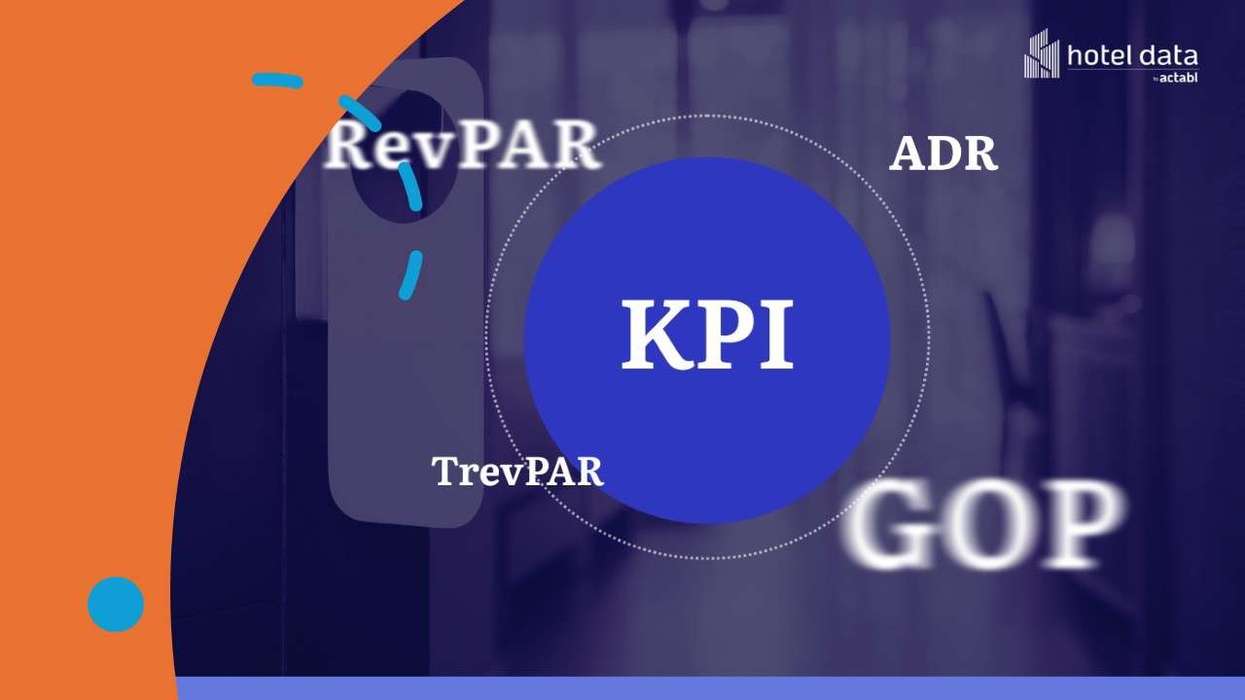TWO MORE MAJOR hotel companies, Marriott International and Extended Stay America, have reported losses from the second quarter as a result of the COVID-19 pandemic. However, the loss was substantially less for ESA as another demonstration of how that segment is riding out the downturn better than other types of property.
The other company, Marriott International, reported a net loss of $234 million, compared to its reported net income of $232 million a year ago. The company’s RevPAR declined 84.4 percent worldwide, 83.6 percent in North America. It faces $61 million in impairment charges and $54 million in bad debt expense related to the pandemic.
“While our business continues to be profoundly impacted by COVID-19, we are seeing steady signs of demand returning,” said Arne Sorenson, Marriott’s president and CEO. “Worldwide RevPAR has climbed steadily since its low point of down 90 percent for the month of April, to a decline of 70 percent for the month of July. Worldwide occupancy rates, which bottomed at 11 percent for the week ended April 11, have improved each week, reaching nearly 34 percent for the week ended August 1. Currently, 91 percent of our worldwide hotels are now open compared to 74 percent in April, and 96 percent are open today in North America.”
The company has approximately 510,000 rooms, 45 percent of which are under construction. Marriott is one three companies that dominated the overall U.S. construction pipeline during the quarter along with Hilton Worldwide and InterContinental Hotels Group. Its room distribution globally grew by 4.1 percent net.
“With the restrictions related to the pandemic slowing construction timelines, there is uncertainty surrounding future rooms growth. Given current trends, we estimate rooms could grow by 2 to 3 percent, net, for the full year,” Sorenson said. “While the full recovery from COVID-19 will clearly take time, the current trends we are seeing reinforce our view that when people feel safe traveling, demand returns quickly.”
ESA’s net loss for the quarter $8.8 million. Its comparable system-wide RevPAR declined 28.7 percent to $38.38. At the same time, its system-wide occupancy of 69.6 percent.
“I am proud of our company’s performance during these unprecedented times, with our second quarter comparable system-wide RevPAR decline of 28.7 percent being significantly better than any public hotel company in the U.S.,” said Bruce Haase, ESA president and CEO. “System-wide occupancy levels have improved significantly off April lows to over 80 percent in recent weeks – approaching pre-pandemic 2019 levels – and many markets are now running positive RevPAR growth over last year. This performance illustrates the strength of our unique business model and our singular focus on the extended stay segment, unlike anyone else in the industry.”
Previously, Hersha Hospitality Trust, Hilton Worldwide Holdings, Hyatt Hotels Corp. and Choice Hotels International all released their results.





